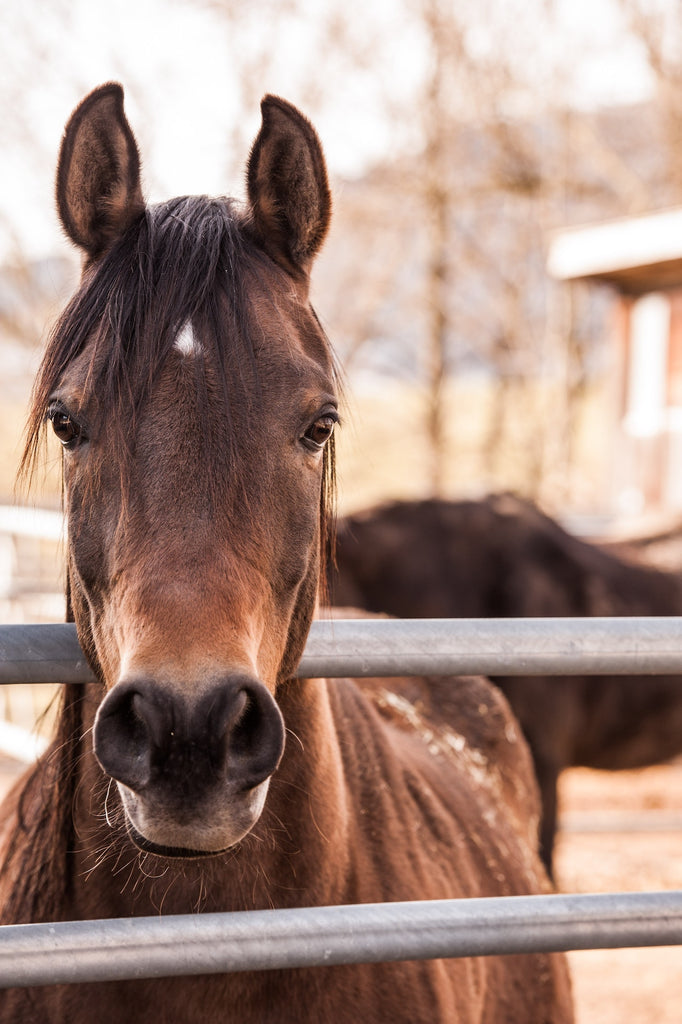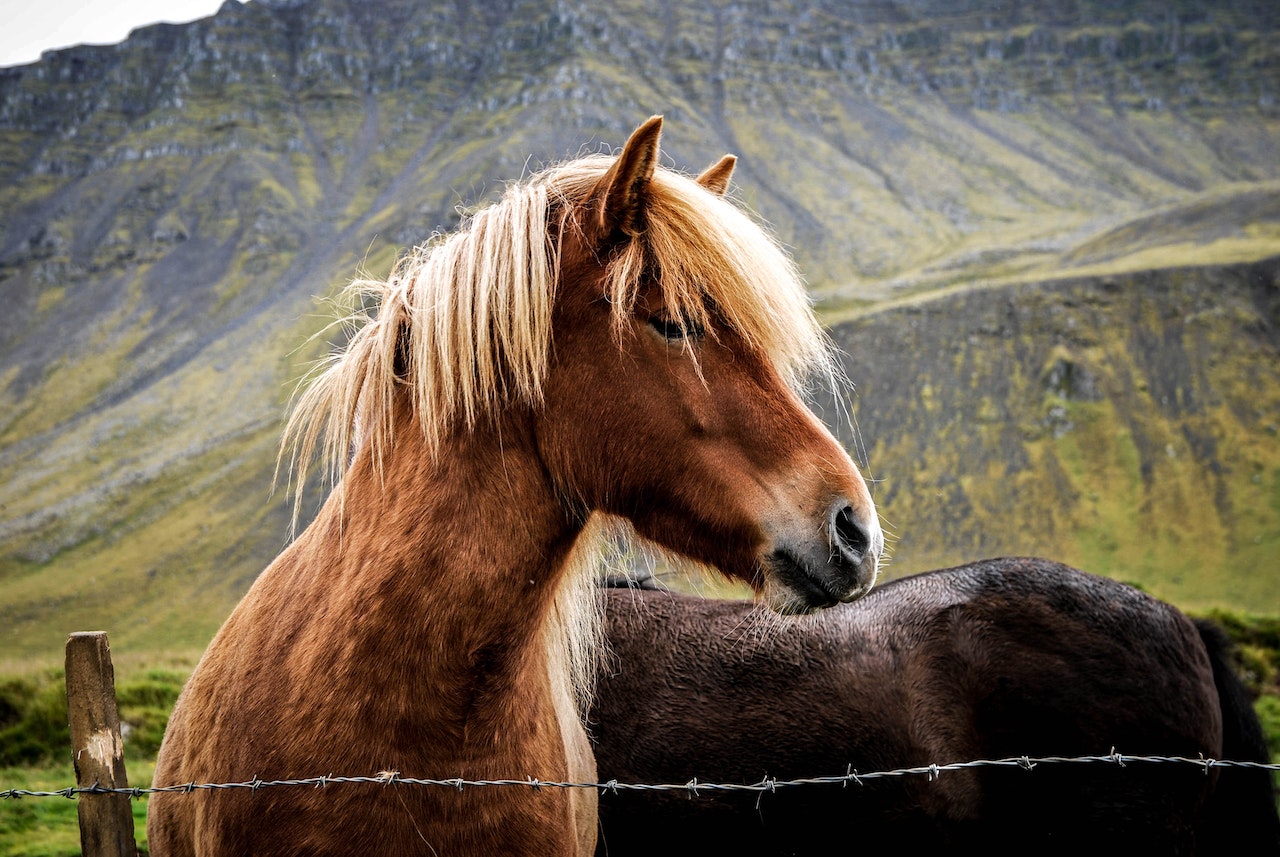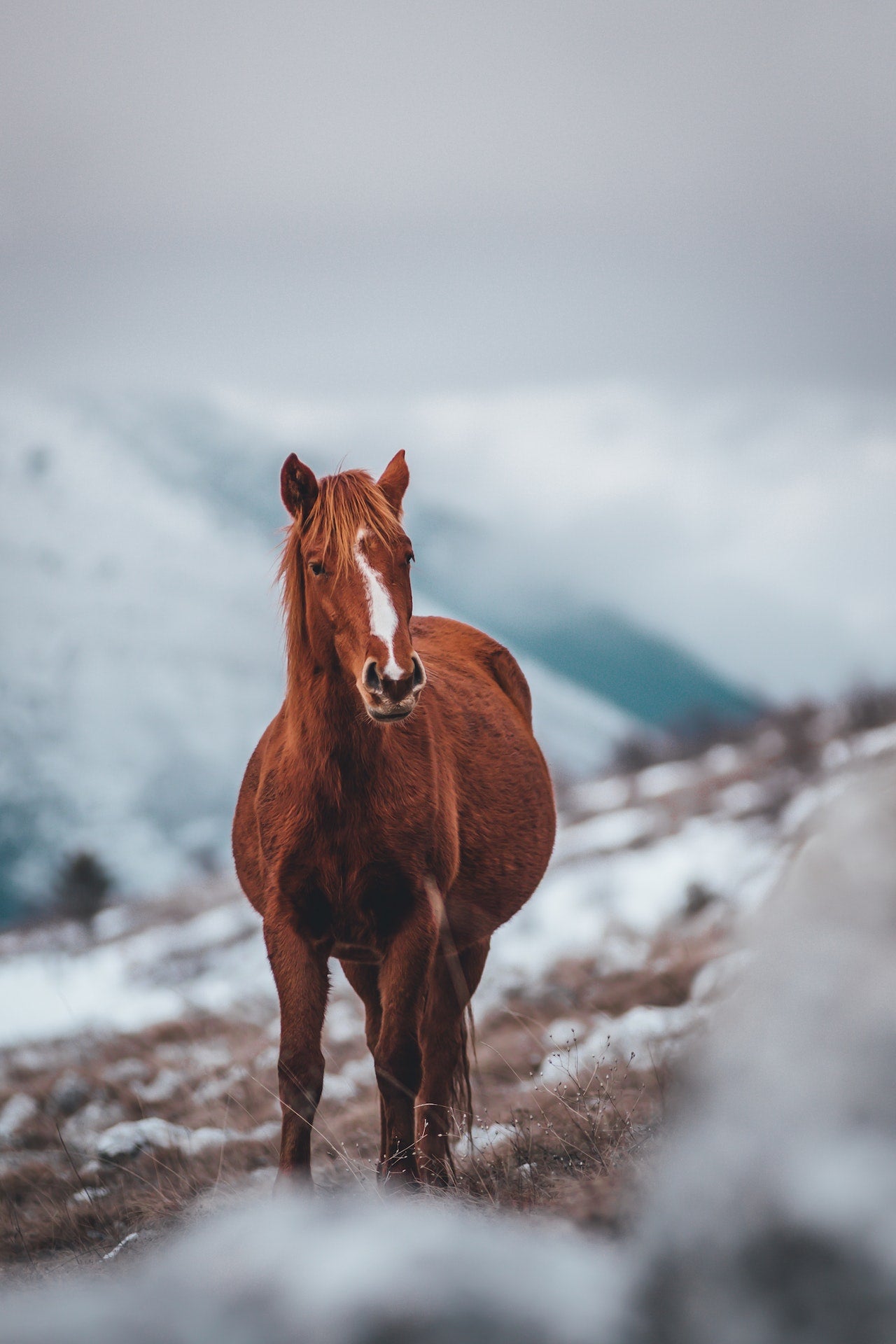
Yoghurts For Horses: A Nutritional Delicacy or a Potential Disaster?
The issue of feeding yoghurt to horses has generated discussion and interest among horse owners and enthusiasts in the field of equine nutrition. To provide our equine friends with the greatest care possible, it is crucial to weigh the advantages and drawbacks of including novel foods in their diets. Interest in yoghurt as a possible horse food has increased due to its popularity among humans. But can horses indulge in this creamy treat?
The intriguing world of yoghurt and how well it works with the horse digestive system are the subjects of this article. We will evaluate the viability of yoghurt inclusion in horse nutrition using scientific insights and professional comments.
While some horse owners vouch for the advantages of yoghurt, others are dubious out of worry about possible digestive issues and disruptions to the gut flora. We shall determine whether yoghurt has any potential as a horse-friendly treat by looking at its nutritional makeup and content.
As we examine the intriguing situation between yoghurt and horses, get ready to have your assumptions tested and your knowledge widened.
Can Horses Eat Yoghurts?
Yes, but it is not a recommended food for horses. Yoghurt is usually considered to be healthy for humans and certain other animals, but because it is not a normal component of a horse's diet, it may have adverse effects on their digestion or disturb the delicate harmony of their intestinal microbes.

Yoghurts
Yoghurt, a popular dairy food enjoyed by people all over the world, has a luscious, creamy texture that tempts the taste buds. Regarding yoghurt’s suitability for the horse diet, it is essential to comprehend its composition. Yoghurt is fundamentally made by the fermentation of the bacterial strains Lactobacillus bulgaricus and Streptococcus thermophilus.
Yoghurt is a dairy food since it often contains milk as its main component. It offers necessary nutrients including calcium, protein, and B vitamins. The precise makeup of yoghurt can, however, change based on elements like fat level, added sugars, flavours, and other ingredients.
It's important to keep in mind that certain yoghurts may include extra flavours, fruit syrups, or artificial sweeteners to improve flavour and appeal. The nutritional composition and appropriateness of horses may be greatly impacted by these substances.
Potential Risks and Concerns of Feeding Yoghurts to Horses
Lactose Intolerance
Horses are unable to effectively break down lactose, the sugar found in milk, due to a lack of essential enzymes like lactase. Horses that ingest dairy products like yoghurt may develop lactose intolerance as a result, which can cause gastrointestinal distress, bloating, gas, and diarrhoea. Undigested lactose can ferment in the horse's stomach, upsetting the delicate balance of gut flora and resulting in digestive issues.
Disruption of Gut Flora
The digestion of fibrous plant material by the horse digestive system is aided by a complex ecology of bacteria, known as gut flora. The introduction of dairy items may upset the horse's gut's delicate balance of good bacteria. Alterations in gut flora have the potential to impair digestion, nutritional absorption, and overall gut health, which may result in immune system and digestive diseases.
Nutritional Imbalances
Yoghurt and other dairy products might not give horses the best nutritional balance. A diet based mostly on forage is the best way to satisfy the unique nutritional needs of horses. While dairy products can include some elements, such as calcium and protein, depending heavily on them as a source of nourishment for horses might result in nutritional imbalances or deficiencies.
Artificial Additives
Horses may be harmed by the artificial sweeteners, flavours, or other ingredients included in some dairy products, particularly flavoured yoghurt. Some flavoured yoghurts include ingredients like xylitol, which is poisonous to horses. Dairy products with possibly dangerous ingredients should be avoided.
Digestive Upset
Yoghurt, which is not a natural component of horses' diets, might cause stomach issues because of their delicate digestive systems. Furthermore, certain yoghurts' high sugar content may alter the microbial balance in the horse's intestines, resulting in intestinal distress.
Benefits of Feeding Yoghurt to Horses
Digestive Health
Probiotics, or living cultures of beneficial bacteria, are found in yoghurt. These probiotics may help horses have a balanced gut flora, which may enhance digestive health. Gas, colic, and other digestive disorders including diarrhoea may be prevented or treated with probiotics.
Improved Nutrient Absorption
Yogurt's probiotic content may improve nutrition assimilation in the horse's digestive system. This could enhance how well vital nutrients derived from the horse's diet as a whole are used, resulting in better overall well-being and performance.
Boosting the Immune System
In several species, probiotics have been connected to immune system support. It is thought that a balanced gut microbiome might enhance immune performance. Yoghurt might potentially boost a horse's immune system and increase its resistance to certain illnesses or infections.
Source of Calcium and Protein
Calcium and protein, two crucial nutrients for horses, are both found in yoghurt. Protein is required for repairing damaged tissue and muscle growth, whereas calcium is essential for bone health, muscular function, and blood clotting. Yoghurt may help horses get the daily recommended amounts of essential nutrients from their diet.
Alternative to Yoghurts
Probiotic Supplements
You might choose particular horse probiotic supplements in place of yoghurt. The beneficial bacteria in these products are concentrated to enhance digestive health in horses. Horse-specific probiotic supplements frequently include bacterial strains that are suitable for their digestive system.
Fresh Fruits and Vegetables
Probiotics and other healthy compounds can be found naturally in several fresh fruits and vegetables. Apples, carrots, and bananas, for instance, include natural sugars and fibre that can help maintain healthy gut flora. To prevent gastric discomfort, it's crucial to introduce new meals gradually and in moderation.
Forage and High-Quality Feed
The main source of nutrition for horses should be high-quality forage, such as grass or hay. For the horse's general health, including digestive health, a balanced diet that satisfies its nutritional needs is essential. Optimal digestive function may be supported and critical nutrients can be supplied by high-quality feeds designed especially for horses.
Concluding Words
Yoghurt does more harm to a horse's health than good since it is not a natural or necessary component of a horse's diet. Since each horse is different, different responses could occur. So, it seems sensible to avoid giving yoghurt to horses. It is preferable to choose other alternative feed or treats that carries little or no hazards while still offering all the advantages of yoghurt.



